- BlackVoter.Org
- Posts
- BLACKVOTER.ORG
BLACKVOTER.ORG

In Pennsylvania's dynamic political landscape, fast-growing Hispanic communities are emerging as a crucial battleground ahead of the 2024 election. With its Latino eligible voter population surged from 208,000 in 2000 to 579,000 today, the state has become a key focus for both Kamala Harris and Donald Trump.
Radio host Victor Martinez highlights the significance of Latino voices, emphasizing that both parties must compete for their votes.
As Harris works to maintain Democratic support, Trump aims to chip away at it, leveraging endorsements from popular Hispanic figures.
The competition is especially fierce in areas like Allentown, where demographics are shifting rapidly, and sentiments vary—some favor Harris for her understanding of community needs, while others back Trump, citing concerns over immigration policies. As the election approaches, the ability to connect with these diverse voters could prove decisive for both candidates.

In a recent visit to North Carolina, former President Donald Trump surveyed the damage from Hurricane Helene and made headlines for repeating debunked claims about FEMA's response to the disaster. Amid ongoing federal efforts hindered by armed harassment, Trump criticized the agency for allegedly misallocating funds to undocumented immigrants, a claim already refuted by local officials.
As he addressed storm survivors, some of whom are still displaced, Trump maintained that such challenges won't affect election outcomes, even as both parties scramble to connect with voters in the aftermath. Meanwhile, Democratic nominee Kamala Harris focused her campaign on neighboring battleground states, targeting suburban concerns as both candidates ramp up their final campaign efforts ahead of Election Day.
North Carolina Governor Roy Cooper urged a unified approach to recovery, emphasizing the need for truthful communication and cooperation in the wake of disaster.
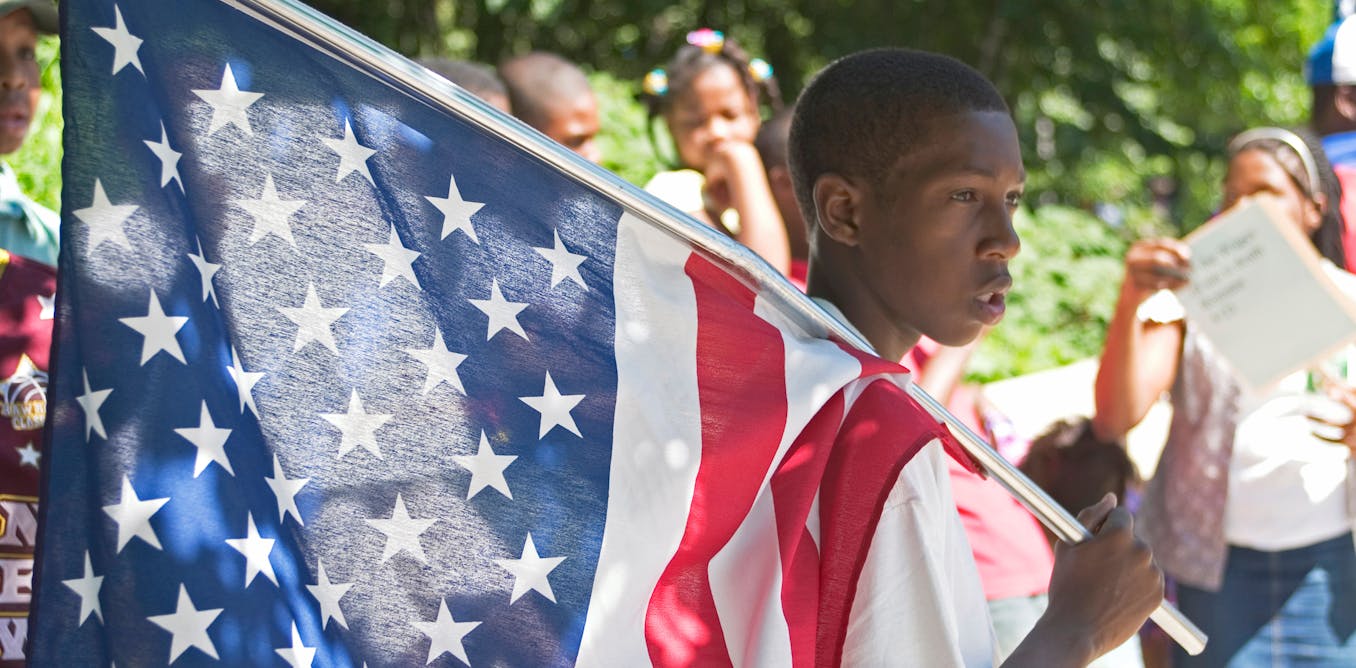
As the 2024 U.S.
presidential election looms, the youth vote could be the deciding factor in an exceptionally tight race. Polling shows a neck-and-neck contest between Democratic nominee Kamala Harris and Republican Donald Trump, particularly in key swing states like Pennsylvania and Georgia.
Historically, young voters have leaned Democratic since Obama’s reign, but this trend faces challenges. Many young Americans express disappointment with Biden’s administration and feel their economic struggles are overlooked by both parties.
While Harris garners support, her lead among younger voters isn’t as commanding as her predecessors. Grassroots initiatives, like PA Youth Vote in Pennsylvania, aim to engage young people by connecting politics with their everyday lives.
These efforts could enhance turnout, recalling how pivotal youth participation was in flipping battleground states for Biden in 2020. Ultimately, tapping into the interests and concerns of Gen Z is essential for energizing the youth vote and shaping the democratic landscape.

In “Bloody Tuesday: The Untold Story of the Struggle for Civil Rights in Tuscaloosa,” historian John M. Giggie sheds light on a pivotal yet overlooked chapter of the civil rights movement.
His account unveils the intense protests led by Tuscaloosa’s African American community, emboldened by the support of Rev. Martin Luther King Jr.
, against segregation in the face of police brutality and threats from the Ku Klux Klan. The book documents the harrowing events of June 9, 1964, when a peaceful march for desegregation erupted into chaos, with police and Klansmen brutally attacking demonstrators gathered at the First African Baptist Church.
Giggie’s narrative not only recovers the voices of those who bravely fought for justice but also emphasizes the ongoing relevance of their struggle. This compelling work is a vital reminder that many essential stories from our civil rights history remain to be told.
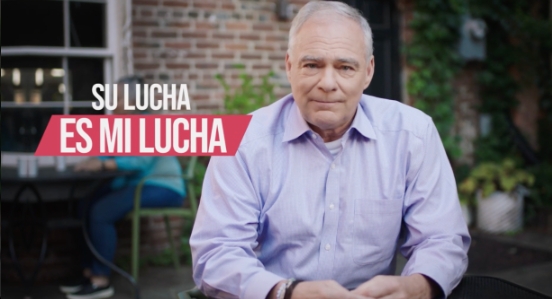
Senator Tim Kaine’s reelection campaign just launched an inspiring Spanish-language ad titled “Valores,” which showcases his lifelong commitment to hard work and community service. The ad features passionate Virginia voters who share how Kaine’s values have always driven him, from his early days as a missionary in Honduras to his dedication as a father and public servant.
Kaine emphasizes his recognition of the struggles faced by families and declares, “Your fight is my fight.” This heartfelt message resonates with many as he proudly highlights his efforts to improve healthcare access, create safer neighborhoods, and make education more affordable.
“Valores” is part of a broader multicultural ad campaign aimed at connecting with diverse communities across Virginia.
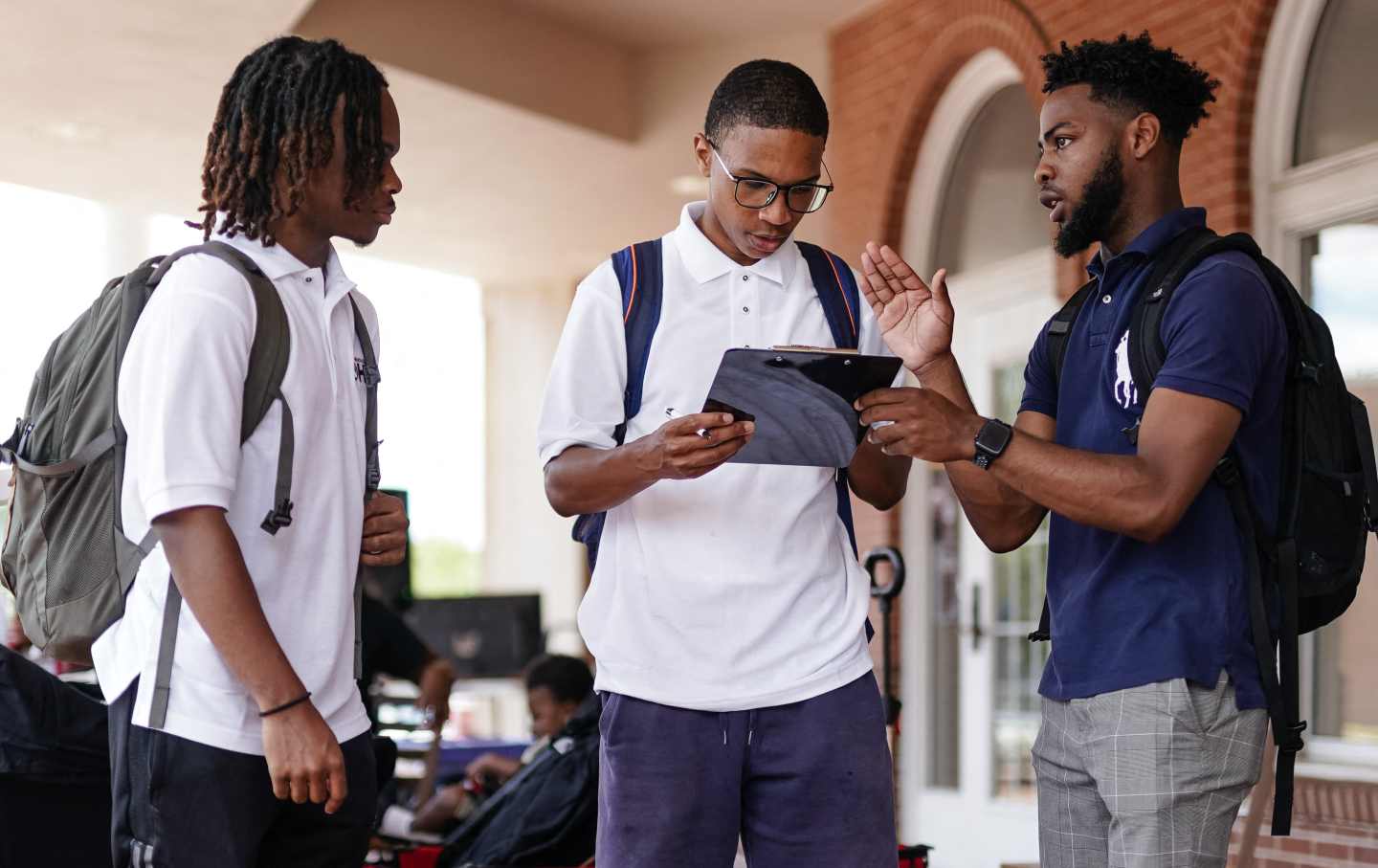
In a critical examination of Kamala Harris's campaign efforts to win over Black male voters, The Nation explores how the proposed "Opportunity Agenda for Black Men" may fall flat. While Harris's initiatives—like forgivable loans for Black entrepreneurs and calls for education reform—aim to address economic disparities, they shy away from tackling deeper systemic issues, such as over-policing and structural racism.
Instead, the critique highlights a patronizing tone from party leaders, notably Barack Obama, who have chastised Black men for their hesitancy to support a female candidate. This "scolding reflex" risks further alienating a demographic that feels misunderstood and marginalized.
The article suggests that to genuinely engage Black men, Democrats must offer more than symbolic gestures and acknowledge their lived experiences, treating them as equals rather than as problems to be addressed. For meaningful engagement, compassion over condemnation is essential in rekindling their trust and support.
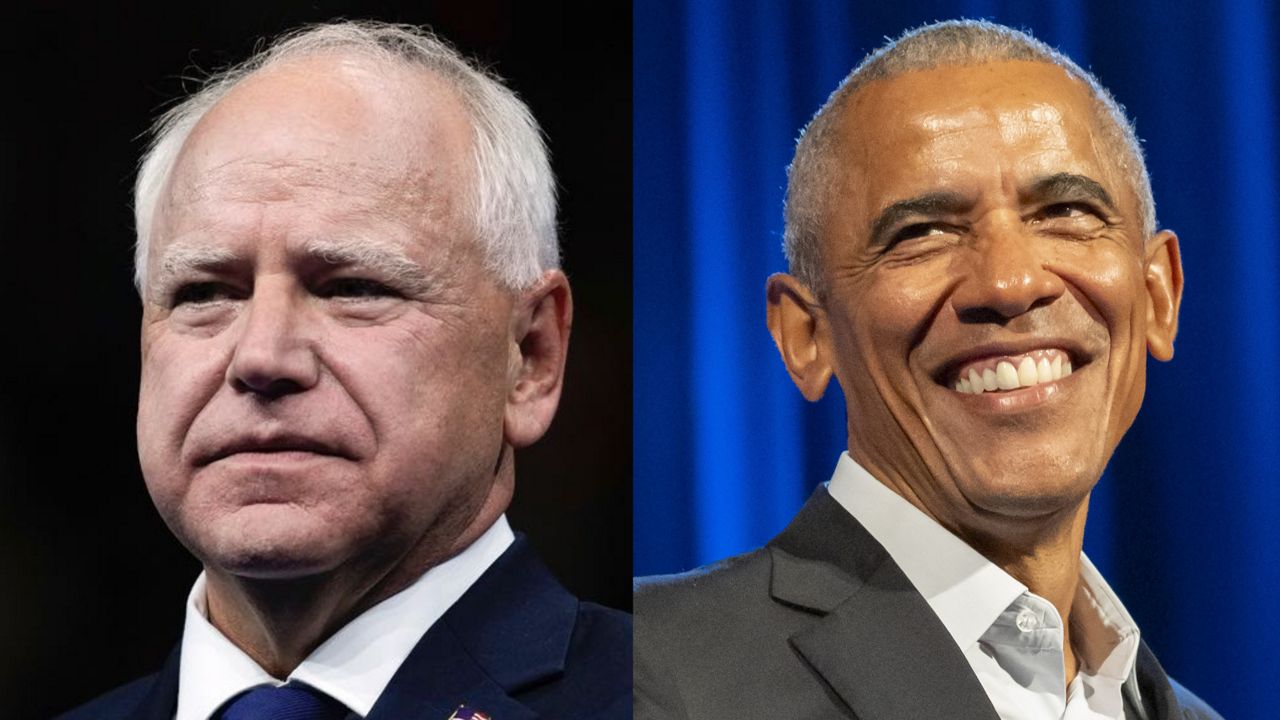
Former President Barack Obama is set to join Minnesota Governor Tim Walz in Wisconsin on Tuesday to kick off early voting and energize voters ahead of the upcoming election. With in-person early voting starting, this high-profile visit aims to rally support in a critical swing state, where elections have been decided by narrow margins in recent years.
Local Democratic leaders emphasize the importance of every vote, particularly in a Democratic stronghold like Madison. The duo seeks to connect with undecided voters, especially in light of ongoing criticisms facing Vice President Kamala Harris.
As the campaign heats up, Obama’s advocacy for Harris highlights her policies aimed at addressing historical inequalities, including housing support for marginalized communities. The event also represents a strategic push to counter Republican critiques, as both parties gear up for what promises to be a closely contested election season.

Ohio's Issue 1 is stirring up debate about its potential impact on Black voters. On one side, opponents argue that the proposed redistricting reform will fracture minority voting power, while supporters believe it will address the current gerrymandering issues that dilute Black representation.
If passed, Issue 1 would replace the existing Redistricting Commission with a balanced 15-member citizens group tasked with creating fairer electoral maps. Proponents argue that this change would allow for greater transparency and accountability, while critics fear it could diminish cohesive community representation.
Experts highlight that the current maps, which often split Black communities into multiple districts, lead to “castaway voters” who feel ignored and marginalized. Advocates for Issue 1 emphasize the need for equitable representation that reflects the diverse needs of all Ohioans, particularly in light of urgent issues like healthcare disparities.
Ultimately, this ballot initiative holds the potential to reshape Ohio's political landscape and ensure that every vote counts.
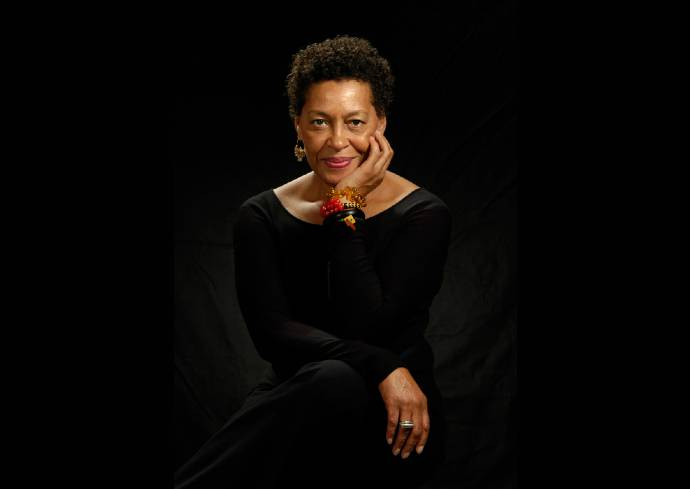
Syracuse University’s own Carrie Mae Weems H’17 just received the prestigious National Medal of Arts from President Joseph R. Biden Jr.
in an electrifying White House ceremony. Celebrated for her trailblazing contributions over four decades, Weems is the first African American woman to earn this honor, marking a significant milestone in her impactful career.
Chancellor Kent Syverud extolled her work as a vital part of the American narrative, highlighting her ability to provoke thought on race, gender, and social justice through various art forms. Beyond her stunning achievements, Weems remains deeply connected to Syracuse University, enriching the creative community and mentoring students.
As her current solo exhibition, “The Shape of Things,” continues at Gladstone Gallery, Weems’ legacy of innovation and activism resonates widely, inviting us all to reflect and engage with the stories that define our world.

As the November 5, 2024 ballot approaches, Riverside and San Bernardino Counties are witnessing an encouraging rise in Black candidates stepping forward to represent their communities. This trend highlights a strong movement towards equity and representation in local politics.
With candidates vying for positions such as mayor and city council, their commitment to advocacy is a testament to the ongoing fight against systemic inequities. While challenges remain—influenced by historical racial tensions—data suggests that increased Black representation can amplify voter turnout and inspire greater community engagement.
The importance of voting down the ballot, especially for local elections, cannot be overstated; these races significantly impact our daily lives. The call to action emphasizes the need for all to identify and support Black candidates, fostering a collective empowerment rooted in shared experiences.
